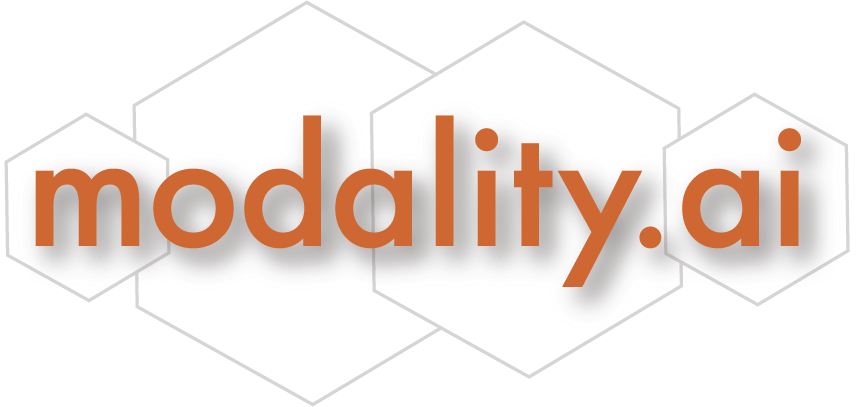
Telehealth, increasingly recognized in the neurology field as a solution to access issues for people with Parkinson disease (PD), improves access to speech therapy for individuals with PD, particularly those living in rural areas or with travel barriers. There are over 700,000 people in the United States with PD; this number is expected to rise over the next two decades. 75-90% of people with PD experience problems with communication that worsen with disease progression. Communication impairments impact all aspects of daily life, leading to social isolation and reduced quality of life. Documented treatments that improve communication can significantly improve quality of life. However, only 3-4% of people with PD participate in speech therapy. Access to SLPs is a critical barrier in the provision of treatment to people with PD. Most PD-specialist SLPs work within or near medical centers; however, travel to such centers is a significant obstacle to therapy access due to mobility and cognitive impairments, travel costs, and lost wages for caregivers. These costs, plus medical and in-home supportive care costs, bring the yearly economic household burden of PD to over $12,000, and that cost increases with increasing age. As a result, patients often do not receive continuous speech therapy care and are, instead, just seen for consultations. Easily accessible and cost-effective communication assessment and treatment could be provided by a telehealth platform and hardware.
Current Studies
Advance Care Planning Across the Ages
Rachel Mendez is undergraduate in the department of Speech, Language, and Hearing Sciences at Purdue University. She is completing her Senior Scholarly Project with Dr. Jessica Huber examining knowledge of and attitudes about advance care planning across adults.
Participants need to be 18 years old or older.
Please consider participating at this link:
https://purdue.ca1.qualtrics.com/jfe/form/SV_57taSqS15dFQROC
The survey takes 5 min and doesn’t require any personal information. Please contact Rachel (mendez62@purdue.edu) or Jessica (jhuber@purdue.edu) if you have any questions.
Development of a telehealth platform for the assessment of motor speech disorders (in collaboration with Modality.AI, Inc.)

The Purdue Motor Speech Lab has worked with Modality.AI, Inc., to develop a protocol to assess the speech symptoms of people with PD through a telehealth platform. Modality.AI, Inc. already has a robust data collection and analysis platform. However, it is unproven for use in PD. Most assessment of speech symptoms in people with PD is completed face-to-face in a clinical setting, and automated assessments have been heretofore under studied. The overall goal of this project is to provide the Modality system with a broad range of speech symptoms and overall severity to give the system a robust test for further development and innovation, allowing for remote automated assessment that can facilitate care. We will develop a telehealth platform that is specific to the needs of SLPs and easily accessible to patients and providers. The telehealth platform will result in provision of services to patients with PD who cannot travel to see their SLP regularly for treatment, increasing the number properly receiving necessary speech treatment as well as those who are typically seen for continuous treatment.
We are currently recruiting for this study! If you are interested in being a participant for this or any study, please email Sandy Snyder at snyder33@purdue.edu. Indicate which study you are interested in, where you live, and your phone number.
To Enroll in the Study:
Phone: 765-494-6488
Email: snyder33@purdue.edu
Expiratory Muscle Strength Training for Early-Stage Amyotrophic Lateral Sclerosis
We are looking for people with early-stage ALS between 40 and 75 years of age to participate in a telehealth treatment study titled “Expiratory Muscle Strength Training for Early-Stage Amyotrophic Lateral Sclerosis”. The PI is Dr. Jessica Huber (IRB-2020-524). The study investigates the efficacy of a six-week respiratory strength-training program for communication, cough response, and respiratory strength for people with ALS.
Participants with ALS will need to attend testing/training sessions virtually and can earn up to $250. If interested, please contact Brianna Kiefer at kiefer4@purdue.edu.
Efficacy of a home-based treatment paradigm, EMST and SpeechVive, to improve communication in Parkinson Disease (in collaboration with Columbia University)
See the SpeechVive Efficacy Studies page for more details on this study.
Development of a telehealth platform for treatment with the SpeechVive device
See the SpeechVive Efficacy Studies page for more details on this study.
Collaborators:
Vikram Ramanarayanan
David Pautler
David Suendermann-Oeft
Ashleigh Lambert
